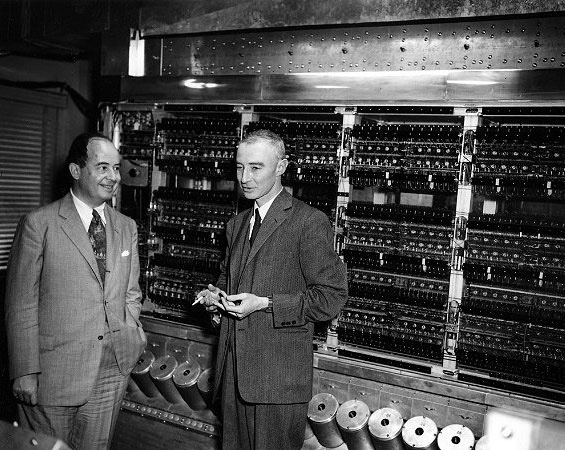Jury duty on a Wednesday night at Wait Chapel wasn’t exactly what many had in mind when they sat down to watch a play. Last week, students, staff and visitors had the unique opportunity to play juror in a civil court case that featured key discussions on class, race, religion, gender and how these subjects fold into the American legal system. The Defamation Experience, a play written by Todd Logan, tells the story of Regina Wade, an African American woman, who is suing Arthur Golden, a white man, $500,000 for defamation. In order to win her case, however, she must prove that Mr. Golden both made a false statement about her to another person, and that false statement resulted in her financial demise. Other main characters in the play included the judge, Adrian Barnes, the defense attorney Ms. Allen and the plaintiff’s attorney Mr. Lawton.
The central issue to the case was the involvement of various social topics ranging from race to class. Wade, a hardworking business owner, believed that she was targeted in the assumption that she stole Golden’s watch based off of her status as an African American woman. This issue finds her at odds with Golden’s attorney, Allen, who is also an African American woman and does not believe the reasons Wade gives for why she might be accused of this. Golden, a man of Jewish faith, also has his identity tested through observations and criticisms of the rich, white neighborhood he resides in, his favorability to Jewish people and limited perception of people of color. Both the plaintiff and defendant are placed in the witness seat for grueling questioning, as well as witness Lorraine Jordan— a vital client for Wade’s business who she believes sided with Golden in a move that left her company for dead when she instead decided to team up with him.
The format of The Defamation Experience occurred in three parts: the play, deliberation and discussion. After the audience was presented with both sides of the argument, they had their moment to publicly showcase their early decisions on the verdict by standing in support of their choice. Barnes presented the three options of siding with Wade, siding with Golden or being undecided. The first round of voting found similar numbers between those in support of Wade and undecided, with a minority of votes going to Golden. For those who voted for siding with Wade, the main argument was that they felt she was targeted because of her race, and lost money due to the disagreement and false statement made by Golden. On the other side, supporters of Golden couldn’t find objectivity in the assumption that he made a false statement and couldn’t come to grips with siding with Wade although it seems like she suffered the most. A final round of voting found that the audience decided that this case was defamation, a win for Wade.
The Defamation Experience was very enjoyable, funny and serious at times, but most importantly it triggered a lot of reflections towards how our legal system works and the struggles it faces to address important social issues. The post-play discussion gave everyone a chance to express their opinions, bring new ideas into the mix and engage in the outcome of the play. A missing component from these discussions and ultimately the final decision, however, was the definition of defamation and how that was important to the story. The arguments from many audience members often picked off of their emotions rather than the pre-play instructions, and the discussions afterwards lacked much towards how judges settle civil cases on a daily basis. Overall, this play highlights many important topics left out in everyday discussion.
















